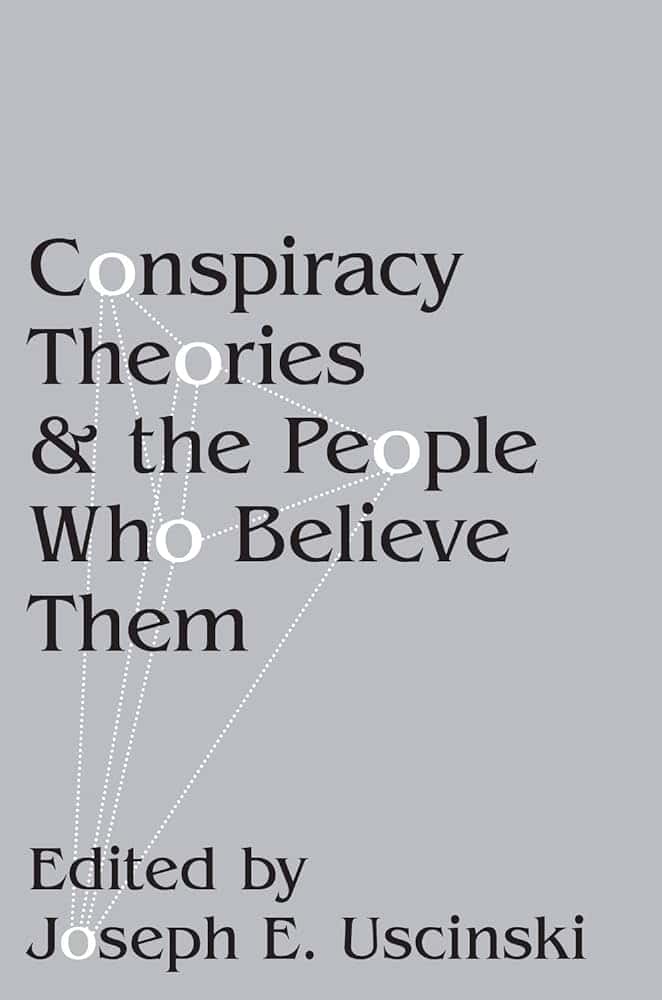From the publisher:
Conspiracy theories are not fringe ideas, tucked away in society’s dark corners. Conspiracy theories are everywhere, and like other ideas they have consequences. When people believe conspiracy theories they may act on them. In democracies, conspiracy theories can drive majorities to make horrible decisions. Conspiracy beliefs can conversely encourage political abstention: if one believes the system is rigged, they will be less willing to take part. Conspiracy theories form the basis of some people’s medical decisions. For a select few, conspiracy theories are instructions to fight fire with fire, to use violence. There is no time in recorded history without conspiracy theories. Whether we are examining accounts of ancient Rome, medieval Europe, or twentieth-century America, conspiracy theories have inspired millions to take action. Scares, panics, purges, and bloodshed have sometimes been the result. Conspiracy theorizing is an enduring part of politics. Despite this, researchers and journalists continually struggle to understand the phenomenon. Why do people believe conspiracy theories? What are their effects on politics and society? How do conspiracy theories differ across the world? What should be done about conspiracy theories? Are we currently living through the conspiracy theory renaissance?
